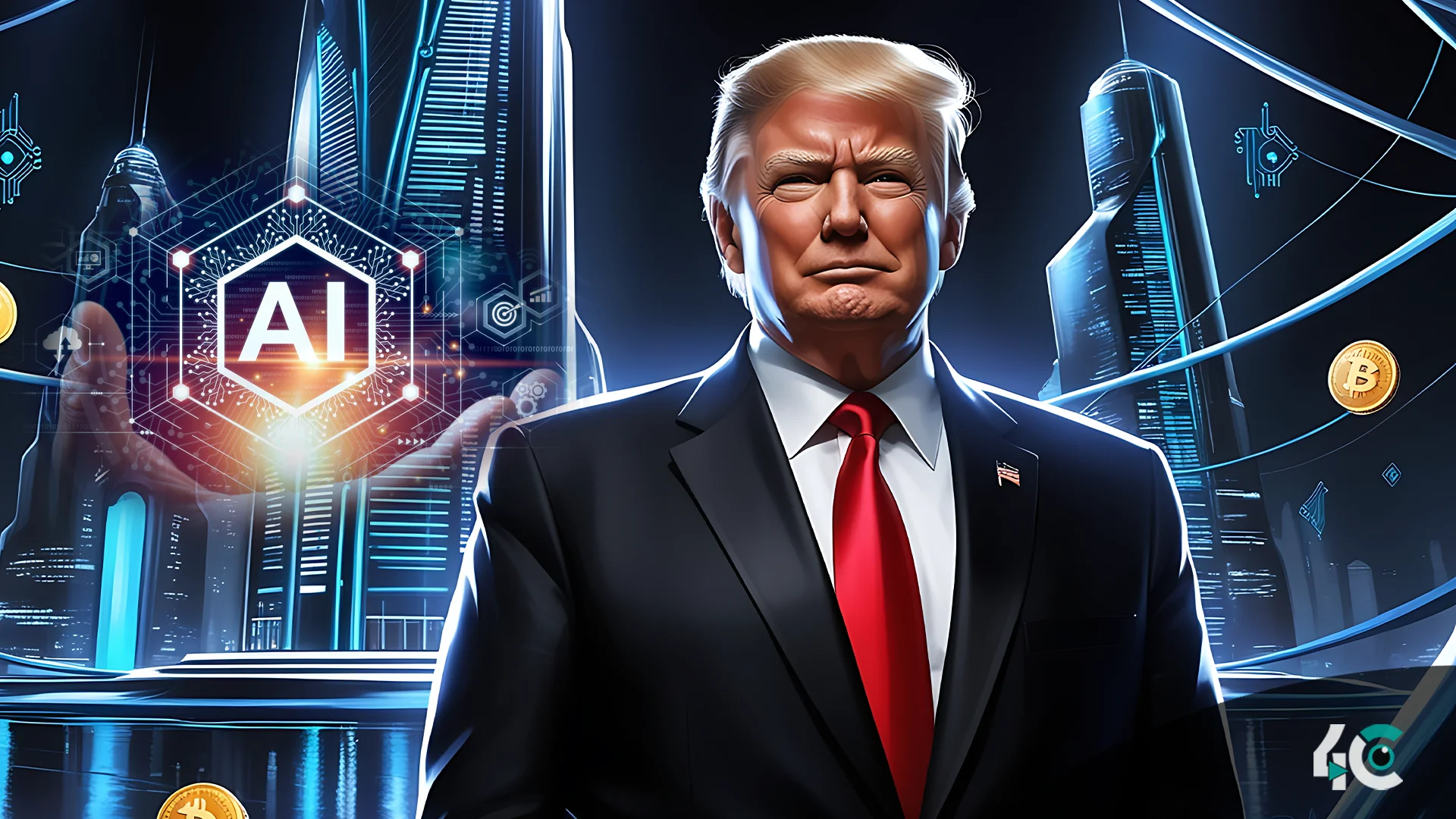President Donald Trump aims to establish the US as a global powerhouse for AI and cryptocurrency. On January 23, he delivered a virtual speech at the World Economic Forum, outlining his vision for achieving this goal by exploiting the country’s energy resources and technical capabilities.
Trump emphasized that the United States’ plentiful oil and gas output could lower the cost of goods and services, cementing the country’s standing as a “manufacturing superpower.” However, he did not elaborate on how deregulating the energy sector will directly affect these outcomes.
This declaration is consistent with his remarks at the Bitcoin 2024 conference, where he pledged to position the United States as the world leader in cryptocurrencies. Despite these lofty ambitions, the president’s inauguration address and early acts have sparked skepticism among some in the crypto world. His administration has yet to publish executive orders or reveal policies that directly touch digital assets, increasing concerns about his follow-through.
Trump has made some remarkable acts, including pardoning Silk Road founder Ross Ulbricht after more than a decade in prison. Opponents assert that the political motivation behind this decision was to win over libertarian voters.
Furthermore, Trump’s involvement in the cryptocurrency market has sparked concerns. The debut of his official Trump (TRUMP) token has been received with criticism, including charges that it is a money scheme and questions about potential foreign interference.
While Trump’s presidency is still in its early stages, his pledges to the AI and cryptocurrency industries have aroused both excitement and skepticism. The cryptocurrency industry is eagerly anticipating the practical implementation of these commitments.



































